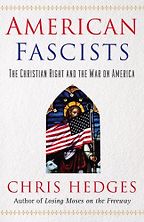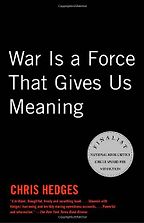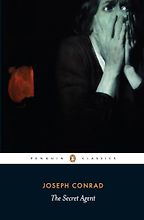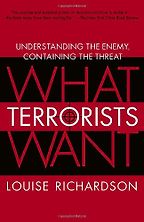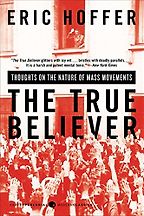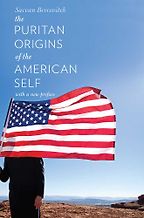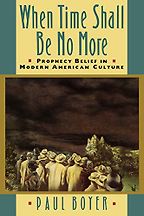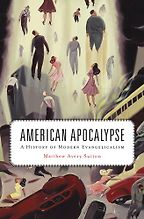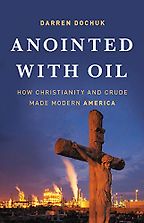Books by Chris Hedges
“What Hedges goes into is that a lot of American evangelicals are either openly supportive of, or at least, not critical of Christian nationalism. That is to say, a kind of belief that the United States once was, stopped being, and needs again to be, a theocracy. These people argue that the United States was founded specifically as a Christian nation. “ Read more...
The best books on Religion in US Politics
John H. Smith, Historian
War is a Force That Gives Us Meaning
by Chris Hedges
This is one of my favourite books for explaining the emotional aspects of why people are drawn to violence. It looks at the addictive quality of war and terrorism. I have seen that, when they begin their careers, terrorists often believe that they are making the world a better place. But over time violence can become addictive, as Hedges makes clear. One mujahid even said to me, I am as addicted to jihad as you are to writing!
Interviews where books by Chris Hedges were recommended
The best books on Who Terrorists Are, recommended by Jessica Stern
International terror expert Jessica Stern takes a close look at the mind of the terrorist. She explores why people are drawn to extreme violence and how, in many cases, terrorists can build their identities around ideologies that they hold in an ultimately shallow way
-

1
The Puritan Origins of the American Self
by Sacvan Bercovitch -

2
When Time Shall Be No More: Prophecy Belief in Modern American Culture
by Paul Boyer -

3
American Apocalypse: A History of Modern Evangelicalism
by Matthew Sutton -

4
American Fascists: The Christian Right and War in America
by Chris Hedges -

5
Anointed with Oil: How Christianity and Crude Made Modern America.
by Darren Dochuk
The best books on Religion in US Politics, recommended by John H. Smith
The best books on Religion in US Politics, recommended by John H. Smith
Religion is deeply bound up with politics in the United States, in a way that is unique in the developed world and among democratic countries. Here Professor John H. Smith, a historian at Texas A&M University, looks at the historical roots of this phenomenon and its contemporary significance.
